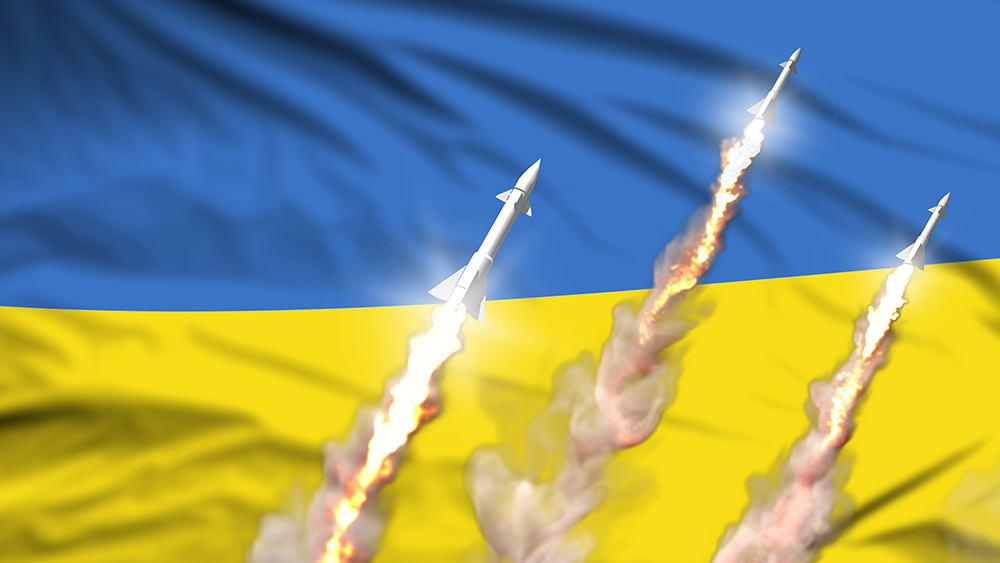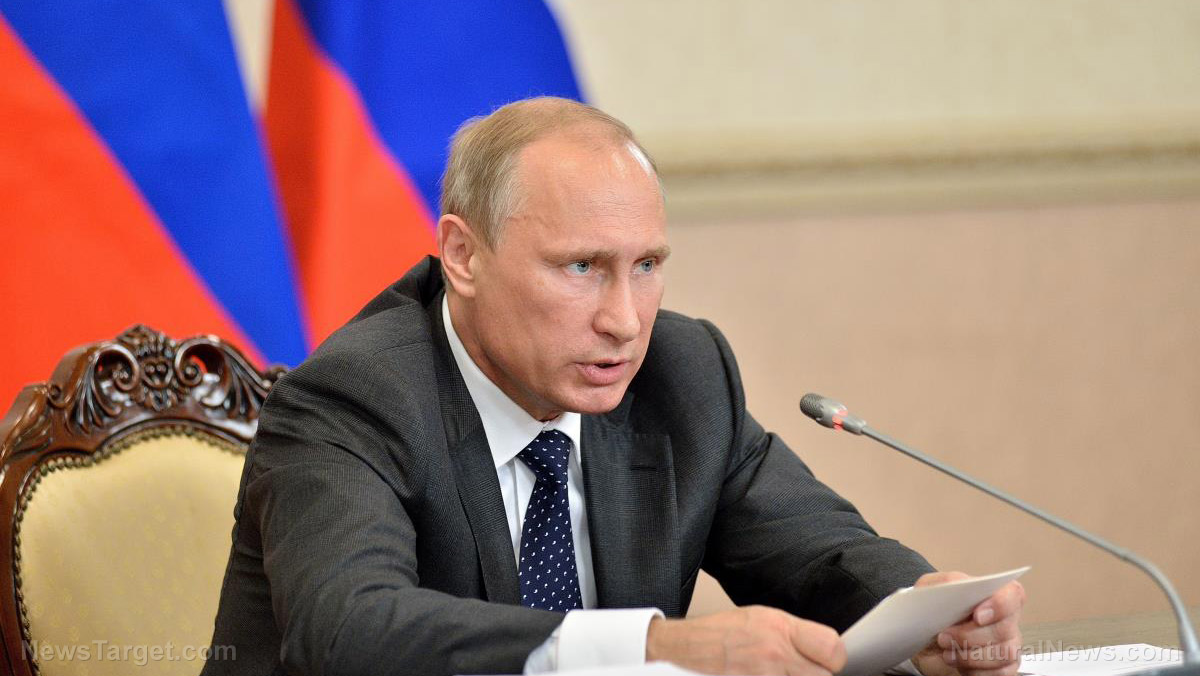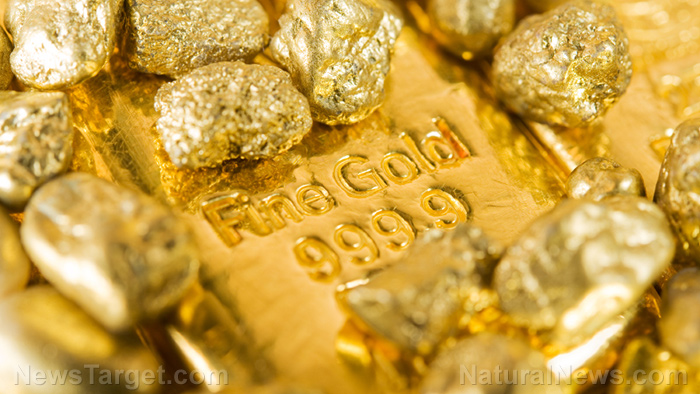
The EU has agreed to supply Ukraine with a new aid package, which will include around $1.6 billion in windfall profits that were “generated from immobilized Russian assets. The funds could make their way to Ukraine by the end of next month, according to EU Commission head Ursula von der Leyen.
“Around €1.5 billion from the windfall profits will become available in July: 90% of these funds will go to defense, 10% to reconstruction. And, later this week, at the G7 Summit, we will further discuss how Ukraine can benefit even quicker from the proceeds of the immobilized Russian assets,” she noted.
The 10% earmarked for reconstruction that was referenced by von der Leyen is a concession for countries like Hungary, Austria and Ireland that cannot or are not willing to fund arms.
Meanwhile, G7 leaders have just agreed to put together a $50 billion loan to help Ukraine. The funds, which come from the interest that has been earned on the profits of around $260 billion worth of Russia’s frozen central bank assets, will be used as collateral to supply the loan to help Ukraine fight Russia. It is believed the money could be in Ukraine’s hands by the end of the year.
The move comes following months of debate over whether it would be legal to confiscate the frozen assets entirely and send them to Ukraine. The money was frozen immediately after the Russian invasion of Ukraine in 2022; although it still technically belongs to Russia, it cannot be accessed by them while it is immobilized.
However, handing all of the assets over to Ukraine would be complicated and is a potential violation of international law, so the EU decided that setting aside the profits the frozen assets were generating would present fewer headaches.
A U.S. official told the AP that the loan could be used by Ukraine for military, humanitarian and economic needs; it could also help support reconstruction.
The G7 agreement is a win for President Biden, who has been pressing the U.S.’s allies to steal Russian assets and give them to corrupt Ukrainian leadership. It is expected that this agreement will be formalized when the current summit ends. However, some details still need to be ironed out, such as the percentages that will be supplied by different countries.
Biden administration official indicates a full seizure of the assets remains a possibility
One senior Biden administration official indicated that fully seizing the assets is still on the table, telling ABC News: "How are we going to get repaid? Russia pays…the income comes from the interest stream on the immobilized asset. The principal is untouched for now, but we have full optionality to seize the principal later if the political will is there."
Russia has made it clear that they believe seizing the funds outright would amount to theft. Earlier this year, Russian Finance Minister Anton Siluanov cautioned that Moscow would retaliate if the frozen assets were indeed seized.
These moves will also serve to further chip away at the U.S. dollar’s dominance on the global stage. The BRICS group of countries, which includes Russia and is bringing in several new members, is now openly discussing creating its own currency to reduce the impact of Western financial sanctions like the ones Russia is currently experiencing.
Sources for this article include:
Please contact us for more information.



















